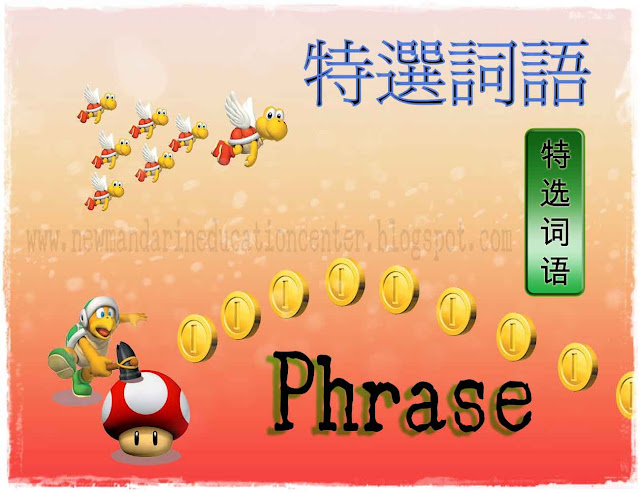己有能勿自私
人所能無輕訾
Jǐ yǒu néng wù zì sī, rén suǒ néng wú qīng zī
己有能勿自私,人所能无轻訾
人所能無輕訾
Jǐ yǒu néng wù zì sī, rén suǒ néng wú qīng zī
己有能勿自私,人所能无轻訾
Vocabulary 【詞彙/词汇】
己 – 自己 – 本身 = oneself
有 – 拥有 – 所属 – 具有 = having, exist, to have
能 – 能力 – 才干 – 才能 = talent, ability
勿 – 不要 – 别 = do not
自私 – 舍不得付出 = selfish; unwilling to share
私 – 个人 = private or internal, limited only onelsef
所 – 所有 – 一切 = all
无 – 没有 – 不 = do not [negative sentence]
轻 – 轻易 – 容易 = easy to…
訾 – 訾议 – 毁谤 – 说人坏话 – 忌妒 = to talk about others'failure,
Try to defame or slander, try to found other's mistakes based on one's jealousy.
诽谤 – 背后说人闲话而破坏他人之名誉 = to defame or slander, to gossip or talk untrue about other in order to ruin someone's reputation.
Explication 【分析解释】
简体字 – 英文
当一个人有能力可为众人服务的时候,
请别自私自利,舍不得付出,
只考虑到自益,不顾他人;
When someone has the skill [talent] to service others,
Please do not selfish, [or] reluctant to share,
Only concern about self-benefit, [and] not concern of others;
对于他人的才华横溢,应当学习及欣赏,
而不是批评,忌妒或毁谤。
Toward talented person, [we] should learn and appreciate them,
rather than criticism, jealousy or to tell something defamatory.
简单说 in simple description:
自己有本领,要肯用出来帮助他人;
[if] one has the skills [talent],
should sincerely use his/her ability to help others;
别人有本领,请勿不服气,
甚至说他人不好听的话。
[if] others is talented person [have skills], Do not feel recalcitrant
[do not upset and cannot accept the truth that he or she is a better than us],
Even said something bad about others.

Comments
Post a Comment